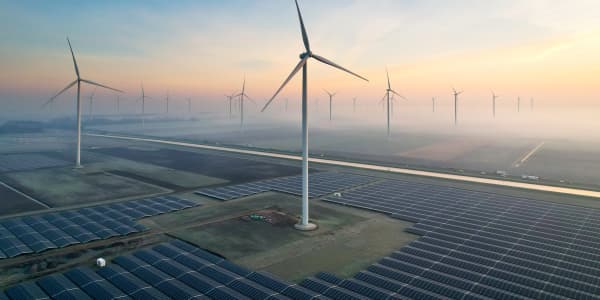Supervised autonomous vehicle tests have started in two London boroughs, according to a statement published Tuesday.
FiveAI, which specializes in areas such as autonomous vehicles, machine learning and artificial intelligence, said the trials, in Bromley and Croydon, represented a "significant next step towards launching autonomous, shared services in London." The firm added that passenger trials were due to start in 2020.
Five vehicles will be used in the testing and are set to be on the roads both day and night. Safety drivers will be in the vehicles at all times and have the ability to take control of the cars if necessary.
In preparation for the trials, FiveAI undertook data gathering exercises in August 2018. Vehicles were driven around streets to gather data on things such as road user behaviour and road layout. The vehicles that will be used in the forthcoming tests will be clearly marked to let other road users know they are autonomous.
"All cities across the U.K., including London, need to understand the opportunities, risks and challenges they face when considering how transport will operate in the future," Michael Hurwitz, Transport for London's director of Transport Innovation, said in a statement Tuesday.
Hurwitz added that while the outlook for autonomous vehicle technology was still uncertain, it had "the potential to significantly change travel."
Over the last few years, the development of technology has led to several trial runs of autonomous vehicles.
In August 2018, for example, the Hyundai Motor Company announced that the first journey by an autonomous truck on a South Korean highway had taken place. The firm's Xcient truck, which has a maximum load capacity of 40 tons, drove around 40 kilometers between Uiwang and Incheon.
The vehicle used an autonomous driving system that allowed it to accelerate, decelerate, steer and maneuver through traffic without needing input from a human, although one was on board to take control as and when required.
In February 2019, the CEO of Arm Holdings told CNBC that it would be "a while" before self-driving cars became mainstream.
"It is a phenomenally hard problem to anticipate what a car could do under absolutely any set of circumstances," Simon Segars, who was speaking to CNBC's Karen Tso at the Mobile World Congress in Barcelona, Spain, added.
"I think you're going to start to see early services, in quite a constrained way, quite soon over the next couple of years," he added, explaining that there was "some way to come" before the technology was "completely mainstream."




